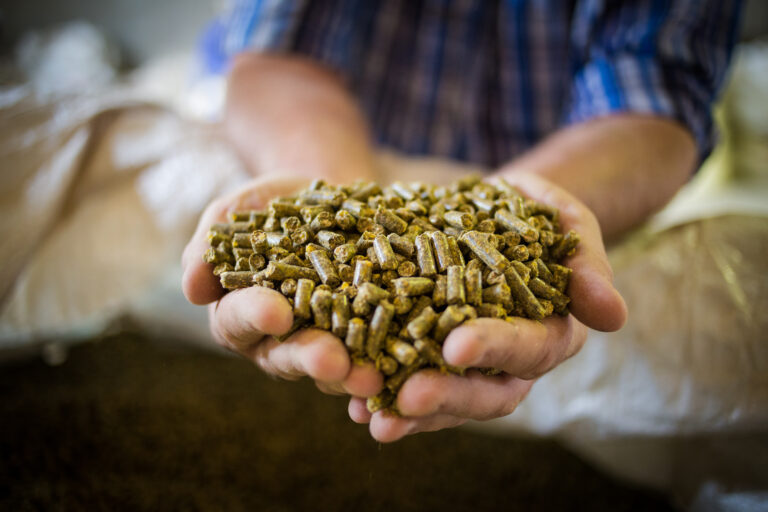As part of a multi-year, structured and comprehensive review of its regulatory frameworks, the Canadian Food Inspection Agency (CFIA) proposed amendments to the federal Feeds Regulations in June. With the comment period having just ended in mid-October, CFIA is moving to the next phase of ratification. If published as proposed, the amendments of the Feeds Regulation, 2022, would establish a framework that includes hazard analysis, preventive controls, traceability, licensing and increased record-keeping to better align Canadian feed businesses with international regulatory frameworks and best practices.
Following are the key components of the proposed amendments, with links to further CFIA information. If passed as proposed:
- Hazard Analysis. Feed businesses will be required to identify the biological, chemical, and physical hazards that are present in their feeds and activities and determine whether they present a contamination risk. Any identified hazards must be prevented, eliminated, or reduced to an acceptable level using control measures.
- Preventive Control Plans. A written PCP describing how the establishment’s hazards are identified and controlled and how compliance with other regulatory requirements will be met will be required. When feed is exported, the PCP should include preventive controls to comply with the regulatory requirements of the importing country; imported feed must be demonstrated to have been manufactured, stored, packaged, or labelled under conditions which provide the same level protection as those required by the PCP. Additionally, farmers mixing medicated feed on farms, even solely for their own use, will need a PCP, which could be an initial challenge for some producers.
- Licensing Requirements. A licence will be required for feed businesses that conduct a prescribed activity with a prescribed feed that is to be exported, imported for sale, or sent or conveyed across provincial boundaries. Licences are not required if a feed is being made and sold within the same province. In addition, if a feed is registered, a licence would not be required.
- Labelling. To allow for greater flexibility and provide better information to purchasers, all feeds must be labelled, and the label must not deceive or mislead the purchaser. Feed that is manufactured, sold, or imported must have a label attached to it or to the package containing the feed. If the feed is shipped in bulk, a label must be attached to it, or the label information may appear on any document, including the invoice, shipping bill or statement of account delivered to the purchaser with the shipment. If a feed is intended for export, the only requirement is that the label clearly indicates that the feed is intended for export.
- Feeds Approval and Product Registration. The Feeds Act already requires that feeds be approved or registered before they are manufactured, sold, or imported into Canada; the proposed regulation outlines which feeds require approval or registration. It also sets out the requirements for obtaining approval or registration including the submission of applications, the information that must be supplied, and the requirement that the information is assessed to ensure the feed is in compliance with the Feeds Act and regulations. Single ingredient feeds (SIFs) will continue to require approval before they can be used in livestock feeds, however fewer mixed feeds will require registration.
- Import and Export. The proposed regulation applies to those who manufacture, sell, import, export, or conduct interprovincial trade of feed – with feed importers defined as businesses that import single ingredient feeds (SIFs) and mixed feeds into Canada for regulated livestock species, and feed exporters as businesses that sell SIFs and mixed feeds outside of Canada. Depending on the scope of their business, feed importers and exporters may be involved in more than one feed-related activity.
- Traceability & Record-keeping. Most feed establishments will be required to keep documents related to traceability and maintain records related to the feeds they manufacture. This includes those who manufacture, store, package, label, sell, import, or export feeds.
It also is important to know that the proposed regulations include a number of documents to be incorporated by reference. That is, the content of documents is introduced into a regulation without having to reproduce the document’s text in the regulation. When incorporated by reference, the incorporated wording has the same effect as if it appeared in the regulations.
If passed as proposed, feeds businesses will face a number of new requirements. While intended to increase the safety of feeds, the requirement also will add operational and production complexities to most feed businesses. TAG Canada has CFIA regulation and feed-experienced experts who can help guide you through the challenges. Give us a call for assistance.





